Top 10 Interview Questions To Ask Your Sponsoring Real Estate Broker
Top 10 Interview Questions To Ask Your Sponsoring Real Estate Broker
You have finally, received your license, done your homework, and considered different brokerage options. Now, it's time to interview brokers and see which one will be the best fit for you. As you consider making the move to a new broker, the experience of an established brokerage can guide you toward the best results. Here are the top eleven interview questions to ask your sponsoring real estate broker.
1. Commission Splits
Commission splits may seem like the main item real estate agents focus on. After all, you only get paid when you make a sale & there's no paychecks nor free rides. A traditional brokerage model pays more than half the commission to the agent. The broker also pays most of the overhead expenses.
Other brokers will give you a 100% commission. This means the brokerage will charge you transaction fees and will probably offer you zero assistance. If you're a new agent, being on a 100% real estate brokerage might not be the best fit for you. A new agent needs lots of support, ongoing training, and even a mentor. Many brokerages don't provide these perks.
Assuming you are a top producing agent selling over $5 million a year, you should earn 100% of everything you close. Remember that a 100% split of nothing is nothing.
2. Internet Presence
Does your sponsoring real estate brokerage have a dominant internet presence? Free tools such as Ubersuggest can help you gauge the brokerage's internet presence. If a brokerage doesn't have a good SEO campaign, they can pay to be on the top of the search results on Google using Pay-Per-Click. Many brokerages run their own AdWords campaign instead of buying leads from Zillow.com or other third-party sources.
Does the brokerage have a great social media presence? Are they posting recruiting ads to get more agents or are they promoting their listings and uploading client testimonials? As a realtor, you need to be with a brokerage who's going to promote you.
Business pages are not going to get organic traffic as they did in the past. You'll have to spend money to promote your post. Is your brokerage going to promote that open house post for you? Are they going to invest in getting more traffic there for you? This will largely depend on your commission split.
3. Ongoing Training
Realtors, both seasoned and new, need consistent training and education to stay up to date with the current laws and best practices in the industry. Mentorship programs alongside an extensive new agent training series are the best way to provide a well-rounded education.
Because the legal minefield is constantly changing, agents need to understand best practices, including training, to help keep mistakes minimal and avoid litigation. A mentor can teach new agents real-world scenarios including the dos and don'ts of the industry.
4. Support
According to Richard Soto, the owner of VIP Realty, the kind of administrative support your sponsoring real estate broker offers is important. The ideal realtor should have an admin that handles office details and tasks such as placing ads, inputting MLS information, or contract follow-up. How incoming calls on listings are distributed is important.
In case you choose the wrong brokerage and you have many unanswered questions, you will miss out on submitting that offer and somebody will beat you to it. You will lose cash that you desperately need as you're getting your career started. Don't be penny rich and dollar dumb. Know where you're at in your career and make sure you ask the right questions.
5. Referrals and Leads
Real estate agents need to generate their own business. However, your sponsoring real estate broker may throw you a bone occasionally. Doing radio ads, TV ads, social media ads, and Google Pay-Per-Click will drive the lead back to the website.
People will call in or walk in without a specific agent in mind. Many brokerages have a system that generates leads to the office. Find out who gets those leads and how they are distributed.
Does the brokerage provide leads or does it assign leads to senior agents? Experienced agents tend to generate their own business through past clients or referrals. Newer agents often need leads to get going.
Some brokerages distribute the leads internally, have relocation departments, or provide tools to help the agents increase their business. Understand the potential cost of leads provided by the brokerage. Remember to ask about floor time which involves working at the front desk for potential walk-in clients at the office.
6. Full-Time or Part-Time
What is the agent mix at the brokerage? Is it full-time, part-time, new, or experienced? What does the agent breakdown look like? Depending on where you are in your realtor career, you may need to start part-time as this option might be beneficial to you.</p>
<p>Important details such as the number of agents in the brokerage, agent turnover rate as well as the average tenure of agents are also important.
7. Residential or Commercial
Does the brokerage only deal in residential or is there an option to do commercial apartment locating or property management? It's advisable to focus on one niche. If you're a residential realtor, be the best residential realtor in town.
You might come across a commercial transaction and it could be multi-family, a shopping center, tenant rep, or landlord rep. In any listing, there must be an option within the office for you to be a part of that transaction.
A good commercial broker can mentor you and show you the procedure for doing an acquisition or disposal. Ask for all options available when it comes to sales or leasing.
8. Commissions Negotiable
What are the commissions negotiable? Does the real estate agent need office permissions to negotiate commission?
Say you go on a listing presentation for a million-dollar property with four people ahead of you. Being the last one to go in, the client says they like your marketing plan and love your internet presence including video tours of all your listings. They're ready to sign except they ask you to consider a lower commission.
You need to be able to answer such questions instantly without having to call your broker for confirmation. You want to be in control without having to confirm first with the office.
9. What Costs Will You Incur?
Building a new business for a new real estate agent takes time. Understanding the costs involved when working under a broker is important to the success of your business. Brokerage-related fees include monthly office fees, monthly MLS fees, Errors, and Omissions Insurance (E&O), education fees, start-up fees and desk fees.
Understand the coverage provided by the brokerage and what further steps you are required to keep your business protected and safe.
10. Sales Quota
Is there a minimum sales quota and if yes what is the target? Some offices might expect you to sell $5 million a year. If you're a part-time agent who wants to work part-time, such targets may be unattainable.
You don't want to be in a situation where you've bought signs, business cards, logos, t-shirts, and caps only to find out the broker is going to let you go because you're not meeting the minimum sales quota. Ask the right questions beforehand to put yourself in a position of success.
11. Does the Broker Owner Sell Real Estate?
Know beforehand if your broker sells real estate in case you go to a listing presentation where your sponsoring broker is your competitor. The ideal broker should not be selling and competing with their own agents. They should focus on offering the best support and lead generation. On rare occasions, the broker may have past clients that request to work with them directly.
Though not exhaustive, these questions should offer a great fact-finder when meeting potential brokers to determine which office wall you would like to hang your license. If you want to find the ideal sponsoring real estate broker, be open, honest, and present in the interviews.




